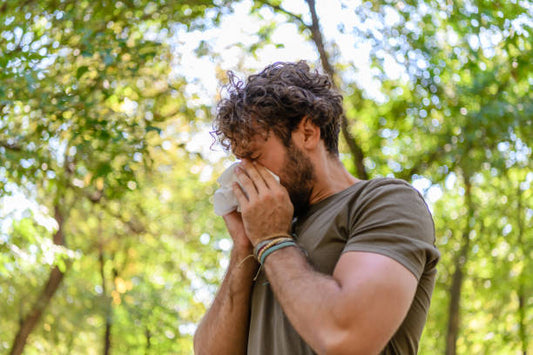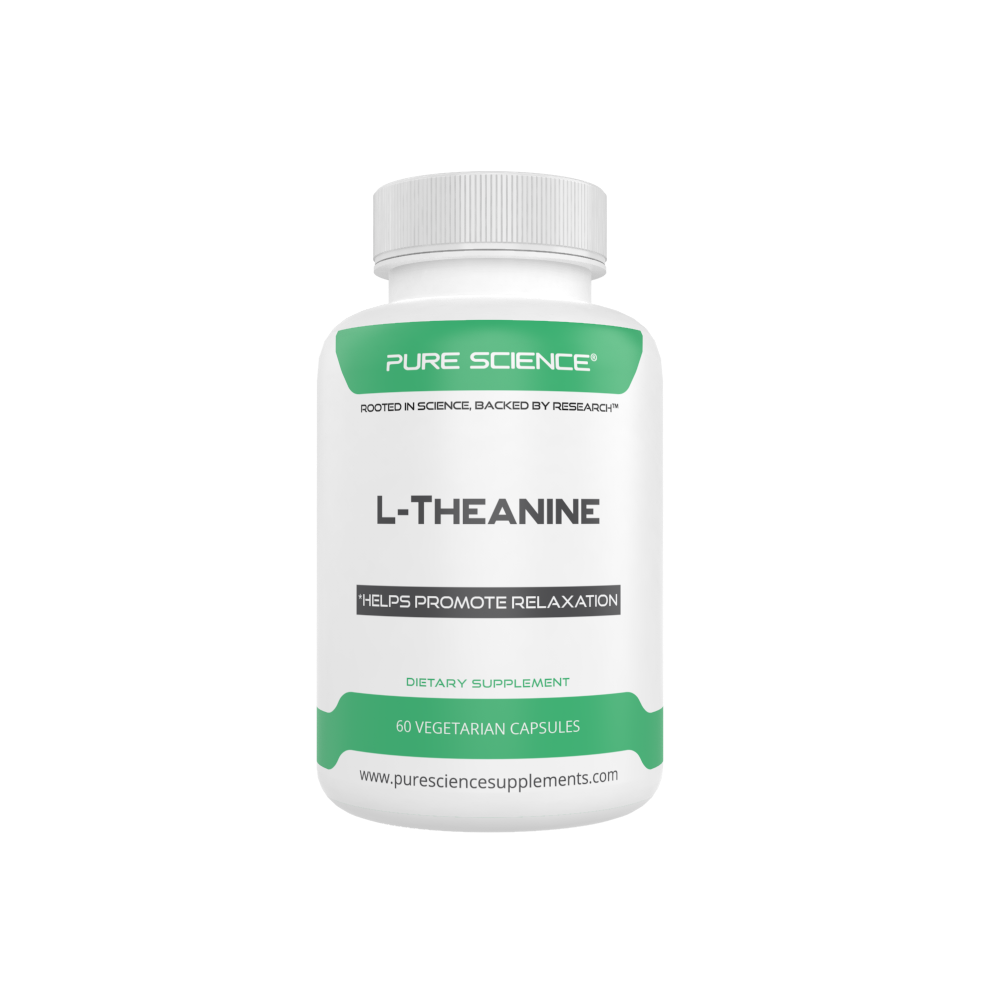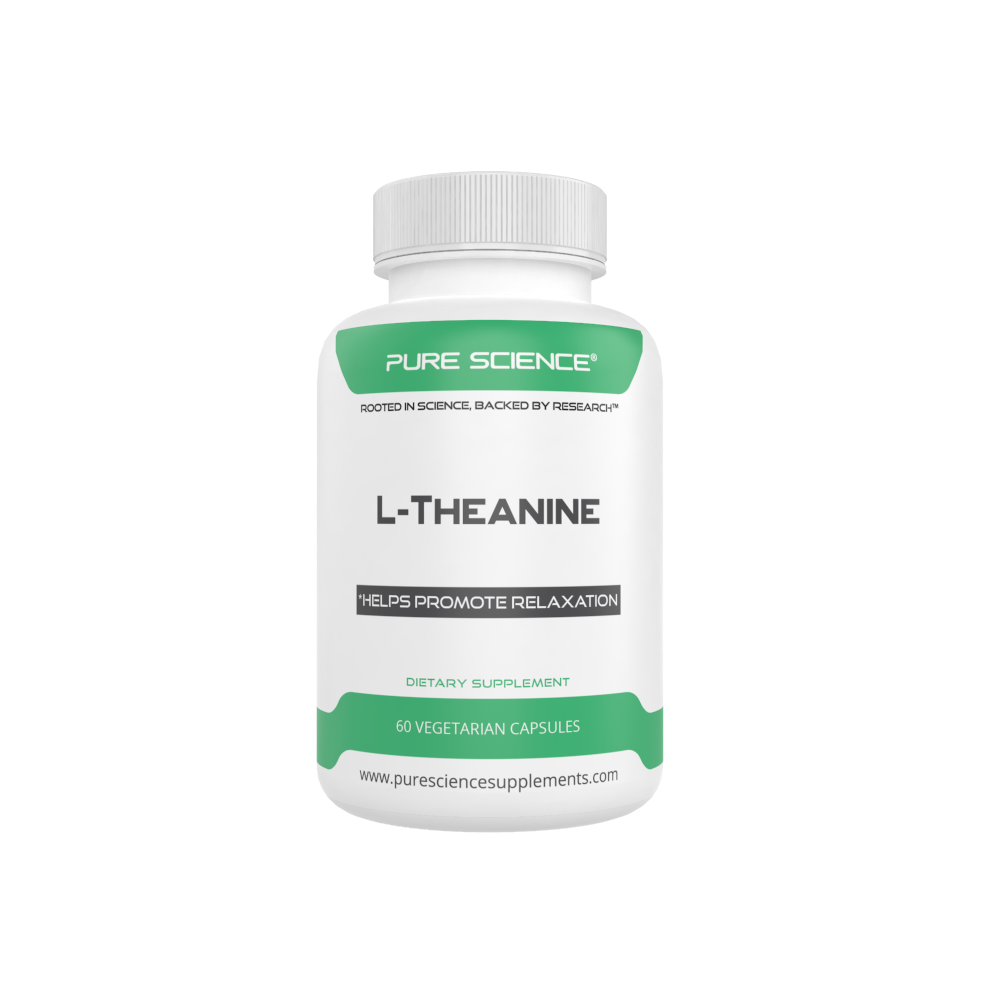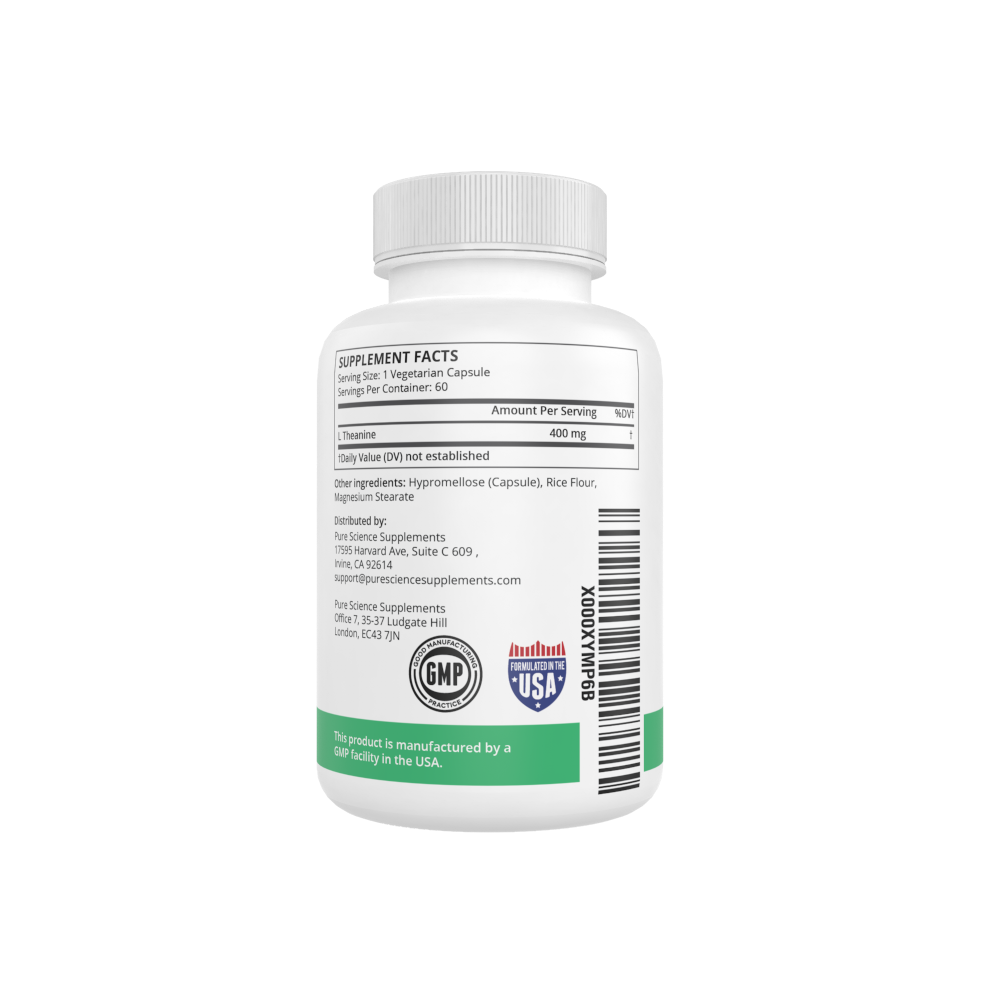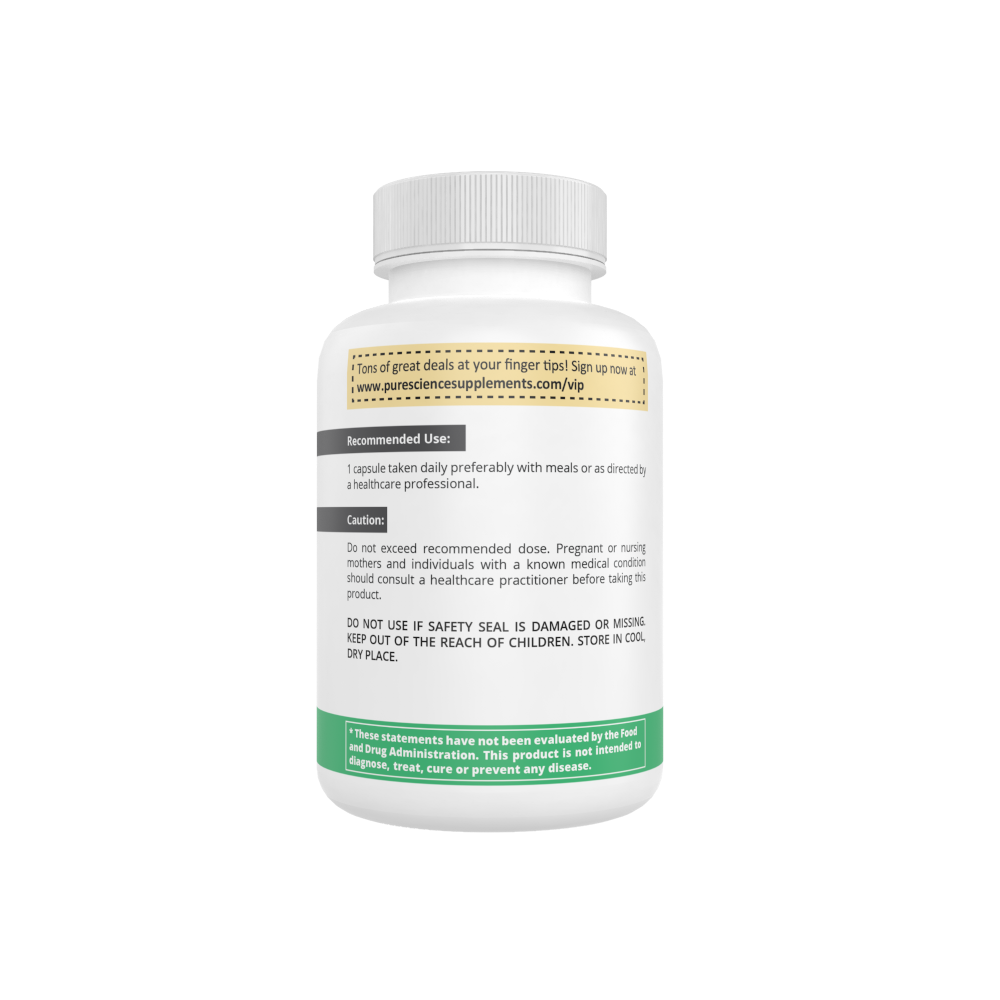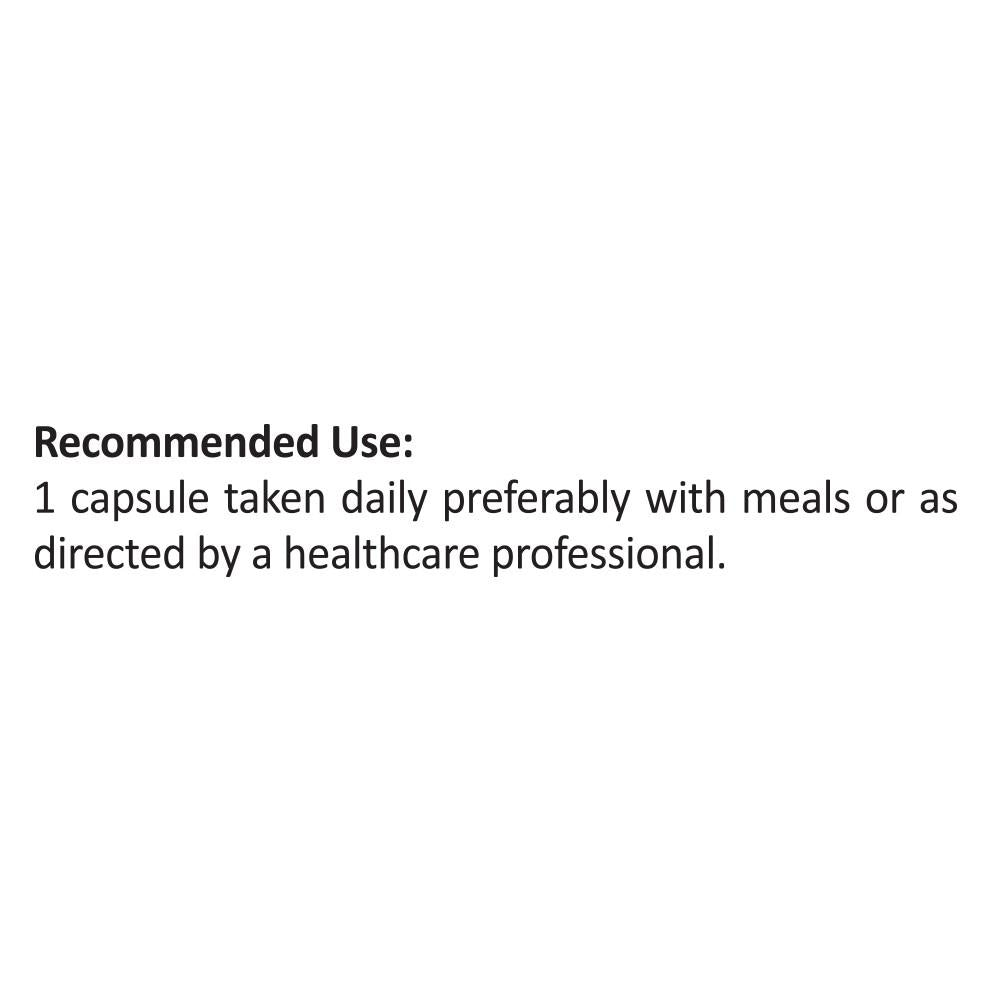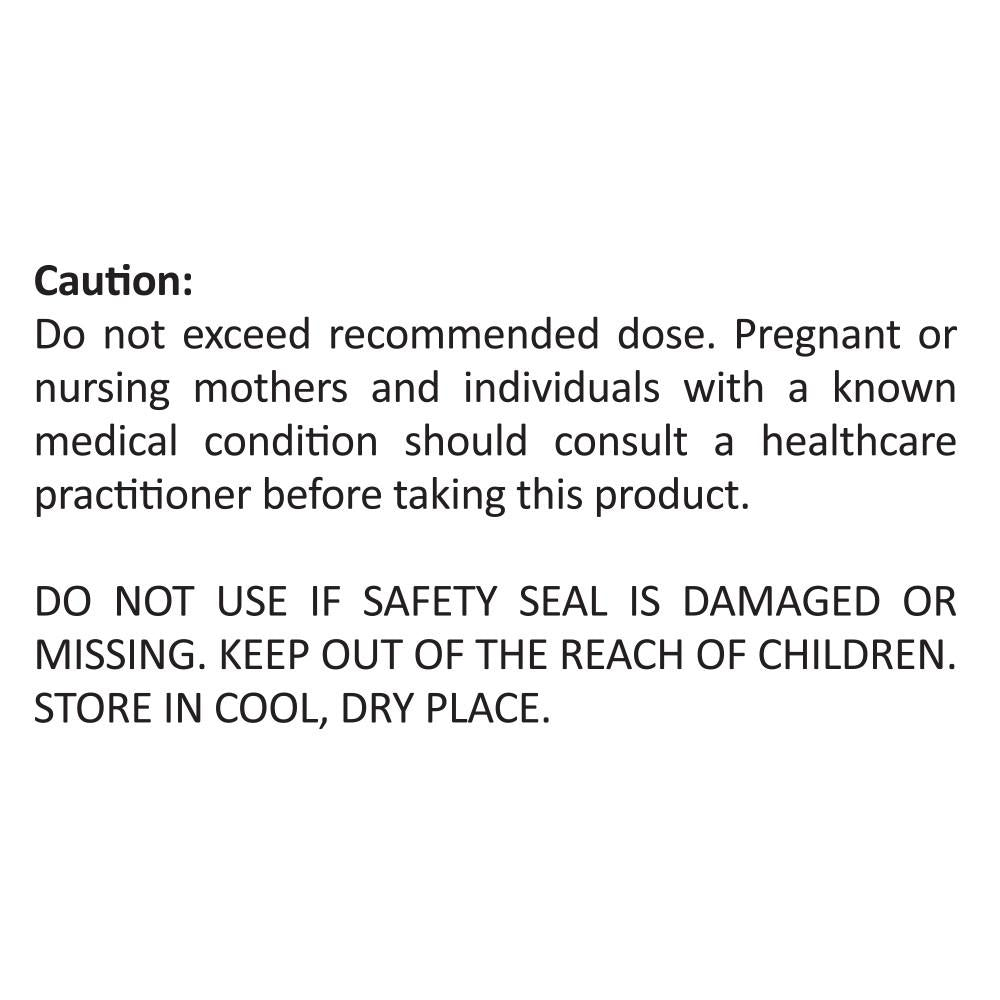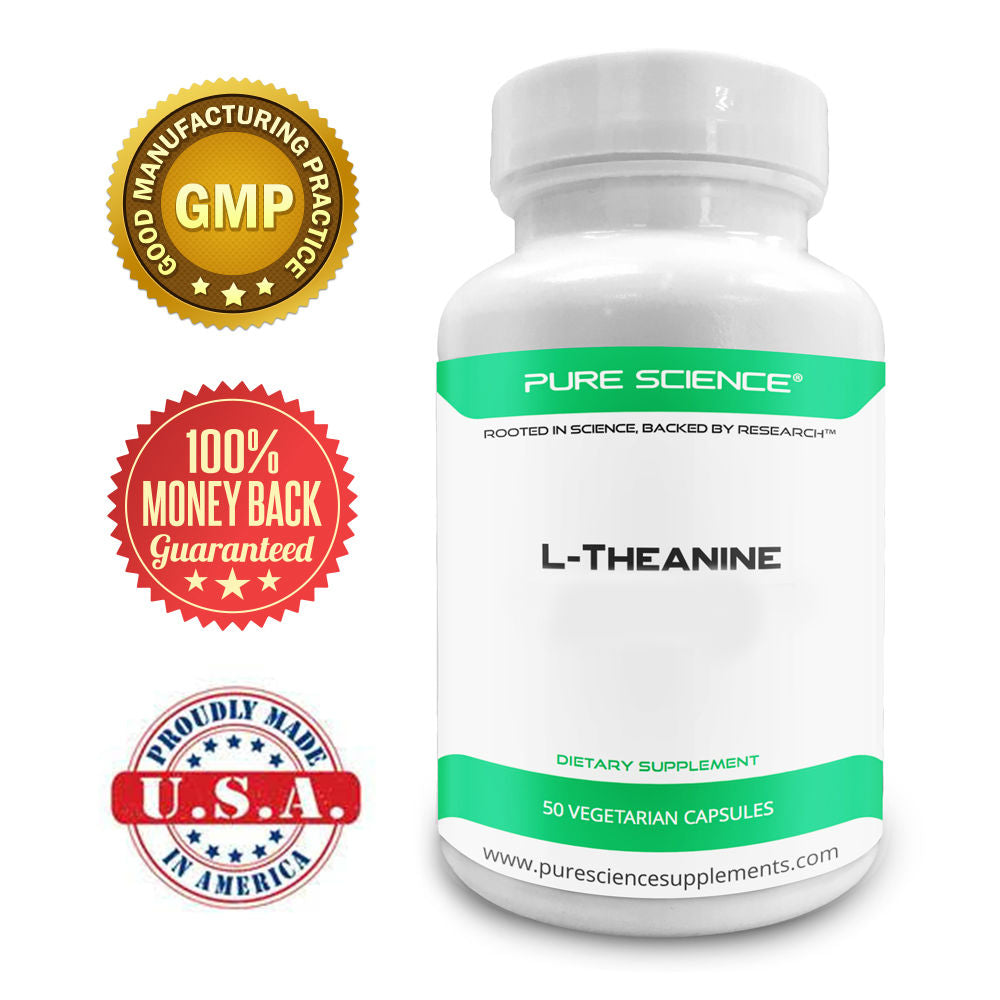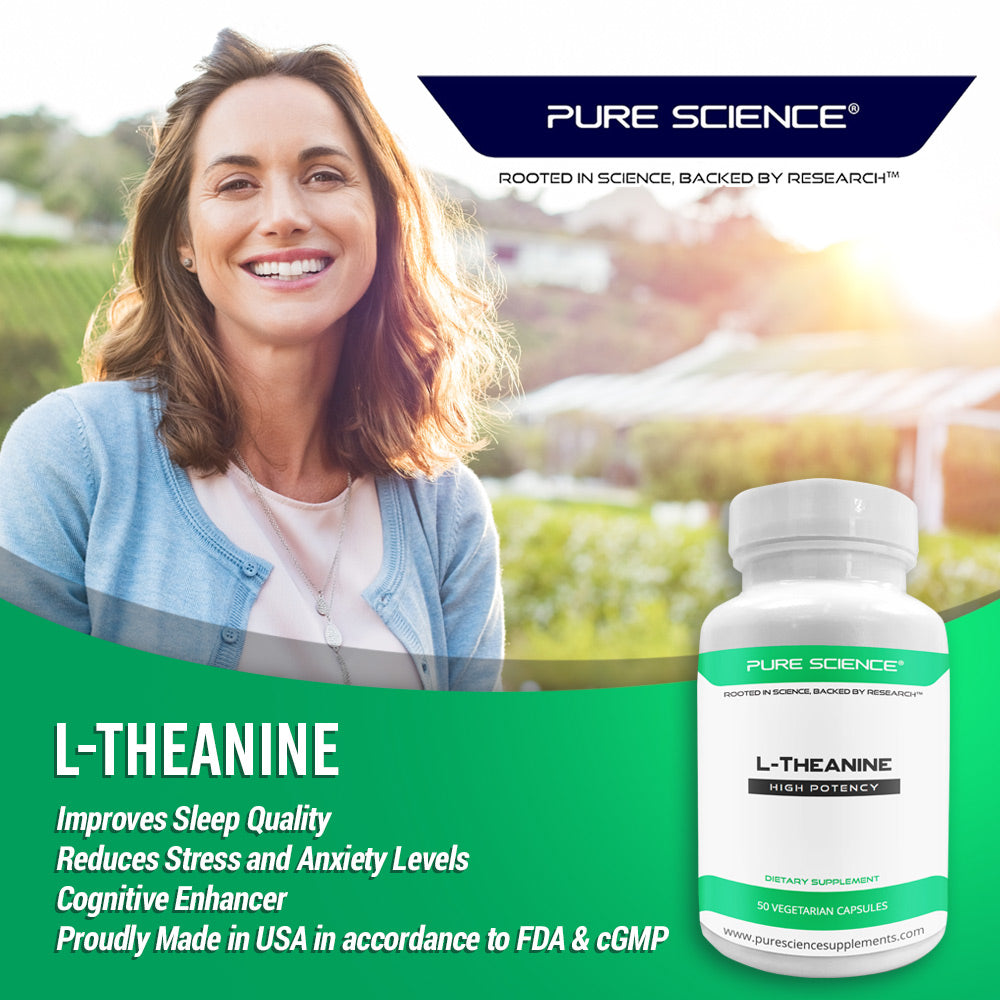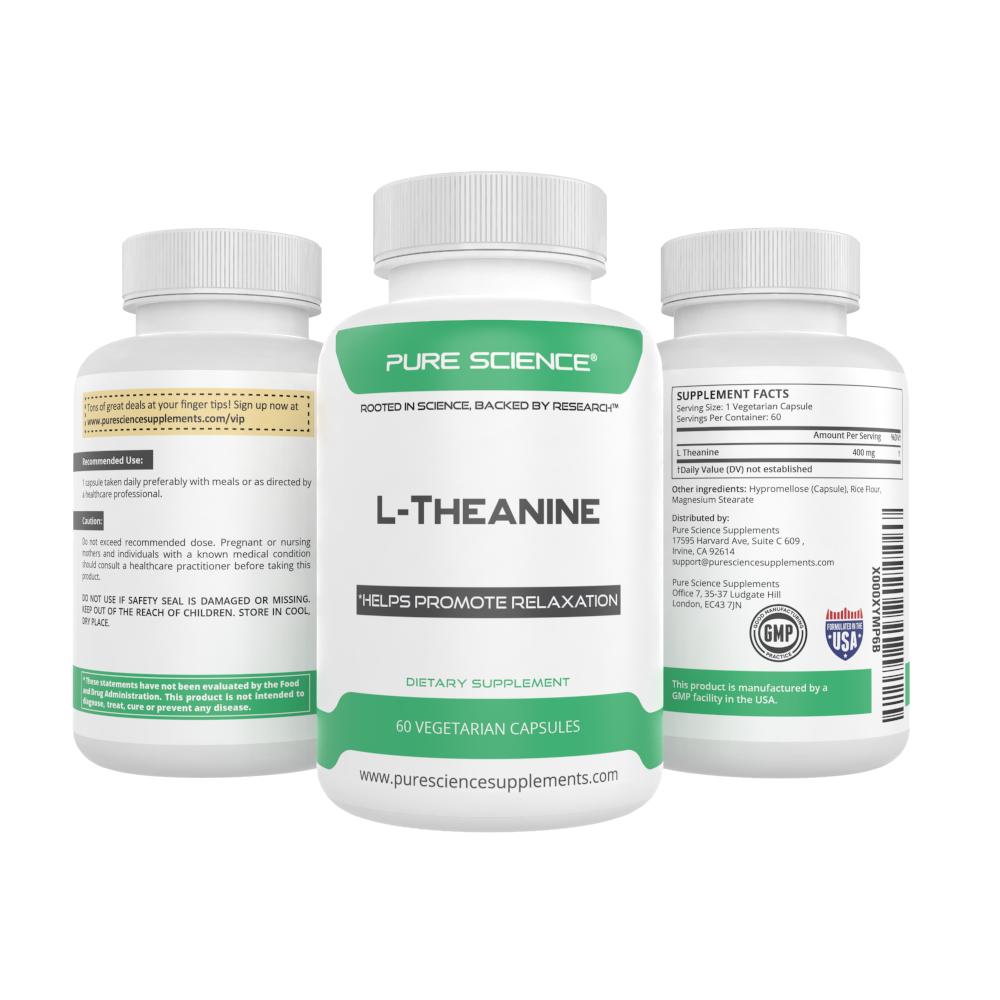Everyone experiences stress and anxiety at some point in his or her lifetime. When these feelings become chronic and interfere with daily functioning, however, they can become a serious issue. Among the physical and mental manifestations of stress and anxiety are the following:
- Sleep difficulties or insomnia
- Concentration issues or memory issues
- irritability or mood fluctuations
- Restlessness or persistent apprehension
- Physical symptoms such as muscle tension, headaches, or stomach problems may indicate a disorder.
- Anxiety or fear, particularly in situations where there is no obvious danger
These symptoms can be disruptive and detrimental to an individual's quality of life. Unchecked, they can also lead to other health issues. L-theanine, a naturally occurring amino acid found in green tea, has been demonstrated to be an effective natural treatment for reducing stress and anxiety and enhancing overall well-being.
History
Japanese researchers investigating green tea discovered L-theanine in 1949. In 1964, it was subsequently isolated and identified as a unique amino acid. L-theanine is nearly exclusive to the tea plant (Camellia sinensis) and accounts for 1% to 2% of the dry weight of tea leaves. Additionally, it is present in small amounts in bay bolete mushrooms.

How it works
L-theanine is a naturally occurring amino acid found in the tea plant (Camellia sinensis). It is a unique amino acid in that it can cross the blood-brain barrier, thereby affecting brain function directly.
L-theanine increases the levels of neurotransmitters that promote relaxation, such as serotonin and dopamine, in the brain. Additionally, it increases the production of alpha brain waves, which are associated with calmness and alertness. Alpha brain waves have a frequency of 8 to 13 hertz and are typically present when a person is in a relaxed or meditative state.
L-theanine may have additional mechanisms of action in addition to its effects on neurotransmitter levels and brain wave activity. It has been shown to inhibit glutamate's binding to its receptors in the brain, which may contribute to its calming effect. L-theanine may also have an effect on the production of stress hormones like cortisol.
The precise mechanisms by which L-theanine reduces stress and anxiety are not fully understood, but it appears to have a calming effect on the brain via multiple pathways. It is believed to be a safe and effective natural treatment for reducing stress and anxiety and enhancing overall health.
Studies and Results
Numerous studies have examined the effectiveness of L-theanine in reducing stress and anxiety.
In 2008, the Journal of Clinical Psychology published a study that examined the effects of L-theanine on anxiety and sleep quality in adults with generalized anxiety disorder. Over the course of eight weeks, 44 participants were given either L-theanine or a placebo. In comparison to the placebo group, those who took L-theanine had significantly reduced anxiety symptoms and improved sleep quality.
A 2007 study published in the Journal of Biological Psychology examined the effects of L-theanine on cognitive function and stress in adults who were subjected to a stressful task. Before completing a stressful task, a total of twelve participants were given either L-theanine or a placebo. In comparison to the placebo group, those who took L-theanine had significantly lower stress levels and enhanced cognitive function.
In addition to its anti-stress and anti-anxiety effects, L-theanine has been shown to have additional potential health benefits. L-theanine improved heart health and lowered blood pressure in a group of healthy adults, according to a 2007 study published in the American Journal of Clinical Nutrition. In a 2005 study published in the Journal of Agricultural and Food Chemistry, L-theanine was found to have anti-inflammatory effects in animal models.
Overall, the research indicates that L-theanine is an effective natural remedy for reducing stress and anxiety and enhancing overall well-being. However, additional research is required to fully comprehend its action mechanisms and potential health benefits.
Recommended Dosage
L-theanine dosage recommendations vary based on the individual and the intended use of the supplement. The typical daily dose for reducing stress and anxiety is 200 to 400 mg. In general, it is advised to begin with a lower dose and gradually increase it as necessary.
Conclusion
L-theanine is a naturally occurring amino acid that has been shown to reduce stress and anxiety and enhance general well-being. Increases neurotransmitters in the brain that promote relaxation and alpha brain waves. L-theanine appears to be a safe and effective natural remedy for stress and anxiety, although more research is required. Additionally, it may have additional potential health benefits, such as enhancing heart health and reducing blood pressure. Before beginning a new supplement regimen, however, it is essential to consult a healthcare professional.
References
- L-theanine for anxiety. (n.d.). Retrieved from https://www.anxiety.org/l-theanine-for-anxiety
- L-Theanine: Benefits, Side Effects, and Dosages. (2019, January 29). Retrieved from https://nootriment.com/l-theanine/
- Kimura, K., Ozeki, M., Juneja, L. R., & Ohira, H. (2007). L-Theanine reduces psychological and physiological stress responses. Biological Psychology, 74(1), 39-45.
- Nathan, P. J., Lu, K., Gray, M., & Oliver, C. (2006). The neuropharmacology of L-theanine(N-ethyl-L-glutamine): a possible neuroprotective and cognitive enhancing agent. Journal of Herbal Pharmacotherapy, 6(2), 21-30.
- Lyon, M. R., Kapoor, M. P., Juneja, L. R., & Cooper, S. (2011). The effects of L-theanine on alpha-band oscillatory brain activity during a visuo-spatial attention task. Brain Topography, 24(4), 302-309.


